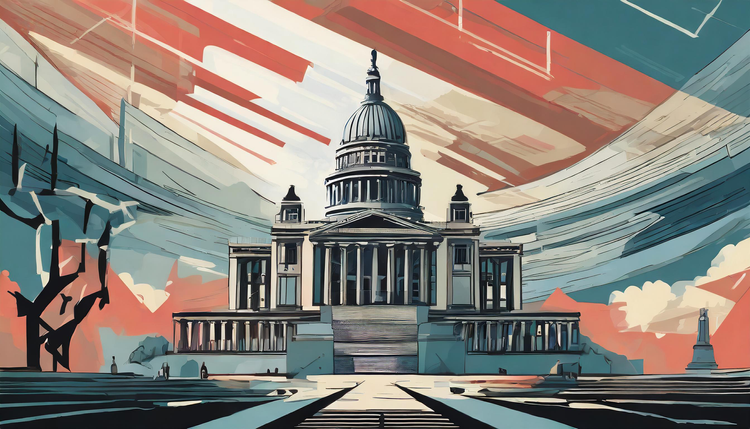The Fight over Tiktok
The U.S. and Chinese governments locked horns on TikTok, the questionable social app, before its CEO was due to testify before the House of Representatives.
It did not go well.
He was there because worries over China’s ability to access TikTok user data, or influence its content filtering, had U.S. lawmakers, regulators, and the White House considering a ban or forced sale. Sound testimony from Chew could’ve cooled the situation. Instead, he inflamed it.
From the hearing’s first minutes, Chew made clear his power at the helm of TikTok is limited. He could not say definitively that TikTok wouldn’t promote messages supporting Chinese hostilities toward Taiwan. He could not commit that TikTok wouldn’t sell its data. He couldn’t even clearly answer questions about who helped him prepare for the hearing.
To those watching, Chew came off as someone struggling to discuss issues above his pay grade. Even as TikTok’s CEO, he didn’t seem like the boss.
The Biden Administration's position
The Biden team informed TikTok that it faces a ban in the U.S. if its Chinese parent company, ByteDance, does not sell its stake in the U.S. version of the popular app. This administrations threat was reinforced by the Committee on Foreign Investment in the United States (CFIUS), a powerhouse regular that reviews foreign investments in the U.S.
Beijing's response
The Chinese government was quick to respond.
China said it would oppose efforts by the United States to force a sale of TikTok, in a public rebuke of the Biden administration that leaves the app’s Chinese ownership stuck between orders from governments of the world’s two largest economies.
Much more to come here.





